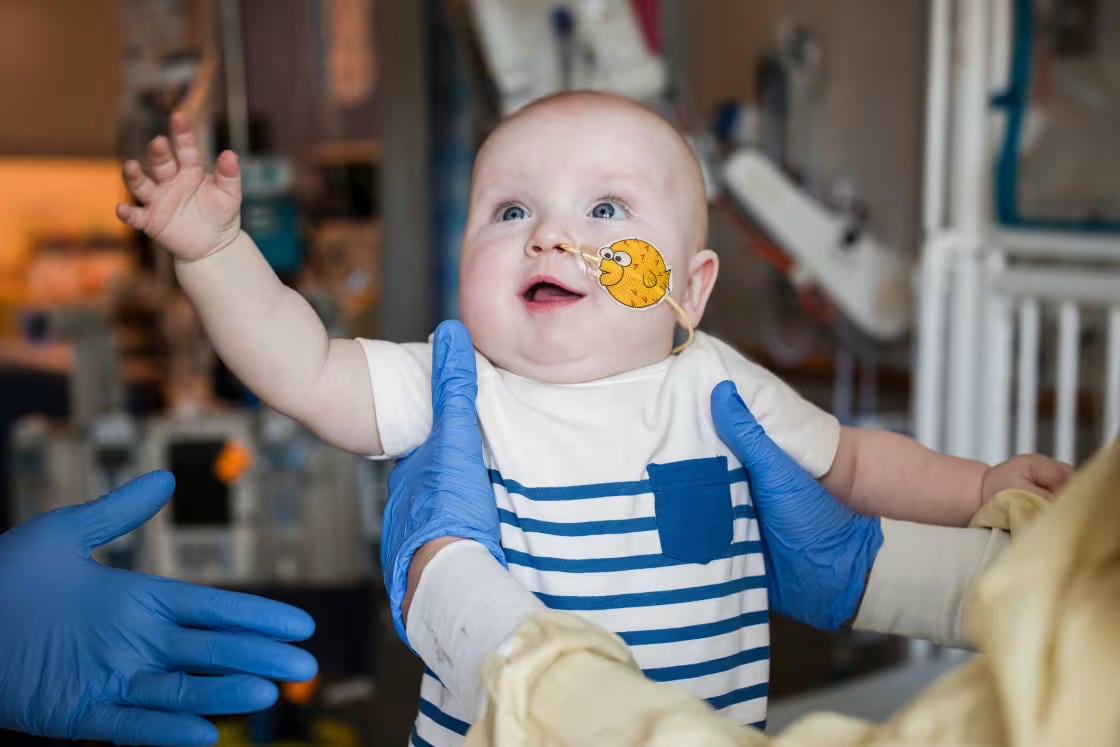
Biosafety challenges
Late last year, researchers at the University of Pennsylvania Medical Center (USA) successfully developed a personalized gene editing method to save the life of baby KJ Muldoon, who has CPS1 deficiency, a rare metabolic disorder. This method uses base editing, a branch of CRISPR-Cas9, which allows for precise changes to a single unit in the DNA sequence to correct the disease-causing mutation. As a result, the baby's ammonia levels dropped significantly, helping him reduce his medication and develop normally, such as standing and eating solid foods. This is an important step forward in medicine, demonstrating the ability to treat each patient individually.
The success is part of research efforts at the CRISPR Center for Childhood Medicine at the University of California, Berkeley, and the University of California, San Francisco, which is developing personalized gene-editing therapies funded by the U.S. government . A new clinical trial is expected to begin next year, targeting at least five patients and further shortening the time it takes to develop therapies.
However, these advances also raise important ethical and regulatory issues. The development of personalized gene-editing therapies faces questions about the development process and patient rights. Kiran Musunuru, a cardiologist at the University of Pennsylvania, said the process is time-consuming and labor-intensive, and requires strict regulatory processes to ensure safety. Ryan Maple, CEO of the Global Foundation for Peroxisomal Disorders, stressed that “there is no one-size-fits-all solution,” and that each patient requires personalized treatment, highlighting the need for individualized management and monitoring.
While medical advances offer hope, the biosecurity front is not to be underestimated. Eric Horvitz, an AI expert at Microsoft, used protein-generating AI to redesign toxins that retain their harmful properties but bypass current DNA screening systems. Although the team only tested them on computers and did not create actual toxins, the results demonstrate the dual dangers of the technology: it can help treat diseases, but it can also be misused to create artificial pathogens or toxins. Microsoft has confirmed that the vulnerability has been patched, but experts warn that the race between AI and biosecurity is far from over. Horvitz warns: “AI is a powerful tool, but it can also become a catalyst for biothreats if not properly controlled.”
Multi-layered action framework
Ethical principles in biotechnology need to be translated into clear standards and laws. South Korea enacted the Synthetic Biology Promotion Act in April 2025, which aims to promote responsible development of the technology. Key areas to focus on include preventing pathogen leakage, improving laboratory safety, and building capacity to integrate AI in research and applications.
In addition, many countries are building AI-biology safety systems with clear layers of protection. The US and the European Union (EU) have begun implementing access control mechanisms to sensitive datasets, such as data on toxins and high-risk genes. These countries also set up toxicity filters during AI model training and apply tiered access, granting access only to researchers with clear purposes and in compliance with regulations. At the same time, independent monitoring and auditing requirements are also applied to ensure transparency and accountability in technology development.
The US, Japan and the EU have also deployed real-time surveillance systems that can predict biological risks and shorten response times when abnormalities appear. They also encourage the combination of AI with epidemiological and environmental databases to detect potential changes in society early, thereby providing accurate and timely responses.
To ensure ethics in technology development, countries such as the UK, Canada and Australia have adopted the Ethical Responsibility Assessment Framework. Accordingly, dividing the stages of technology development and applying ethics towards meaning when the technology is new, and ethics towards results when the technology is fully developed and has real impact.
Another important solution is to fast-track but rigorous approval of gene-editing therapies, as in KJ’s case. The US has simplified the approval process for personalized therapies, while still ensuring quality control standards to avoid errors. In addition, it is necessary to establish an ethical framework that allows therapies to be deployed quickly in rare or urgent cases, and to create a financial mechanism to support them so that no one is left behind because of the costs.
Finally, multilateral cooperation and responsibility on the part of technology developers are essential. Organizations such as the OECD and international research institutes encourage transparency in technology development and standardized testing for research that may pose a biological risk.
Biotechnology opens up huge opportunities, from personalized therapies to international policy. But turning these breakthroughs into lasting benefits requires building in safety measures, integrating ethics into every stage of development, and international cooperation.
Source: https://daidoanket.vn/tien-bo-sinh-hoc-va-dao-duc-cong-nghe.html






![[Photo] Da Nang: Hundreds of people join hands to clean up a vital tourist route after storm No. 13](https://vphoto.vietnam.vn/thumb/1200x675/vietnam/resource/IMAGE/2025/11/07/1762491638903_image-3-1353-jpg.webp)

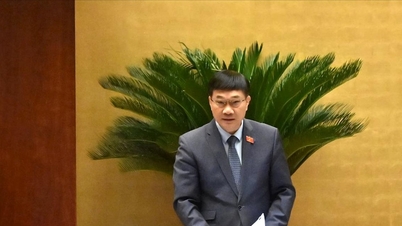





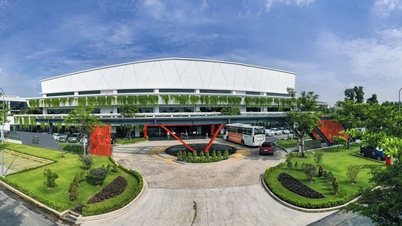

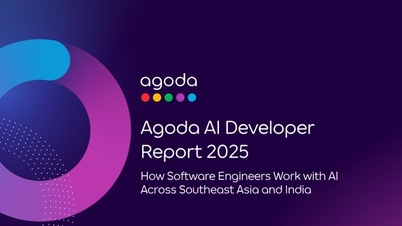

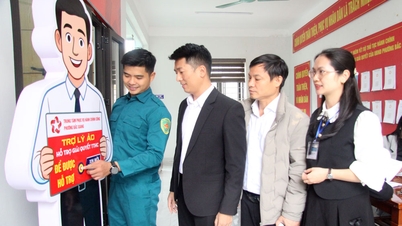

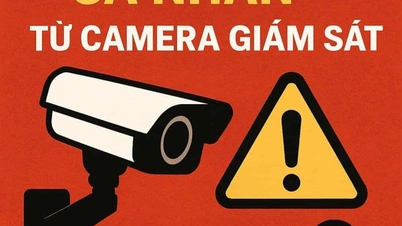







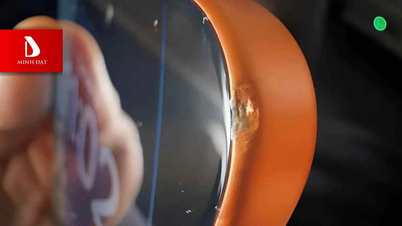




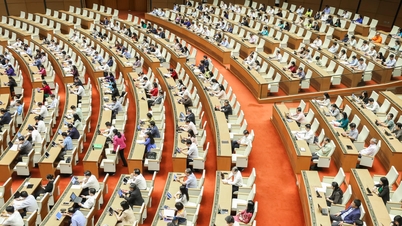
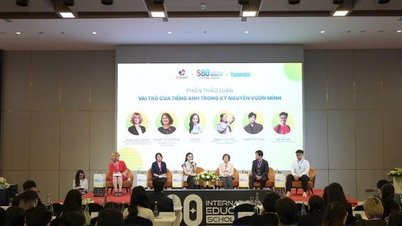
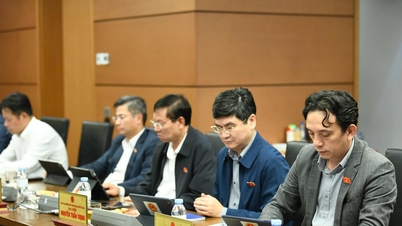
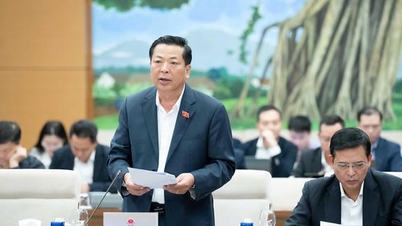
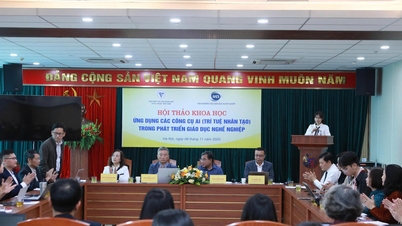
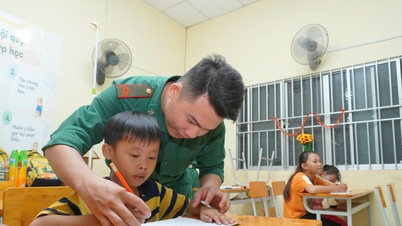





































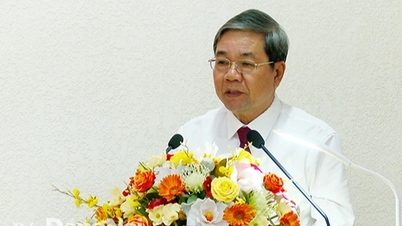
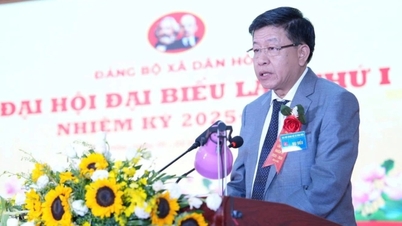



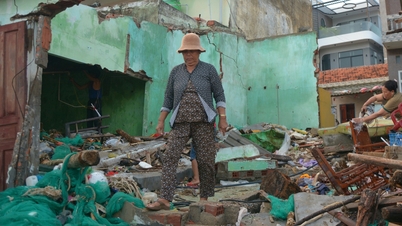





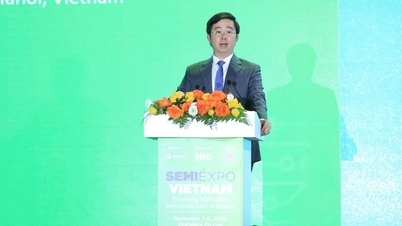

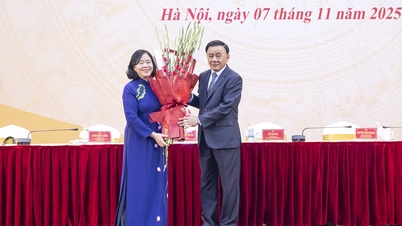


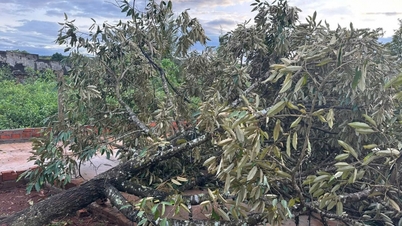























Comment (0)